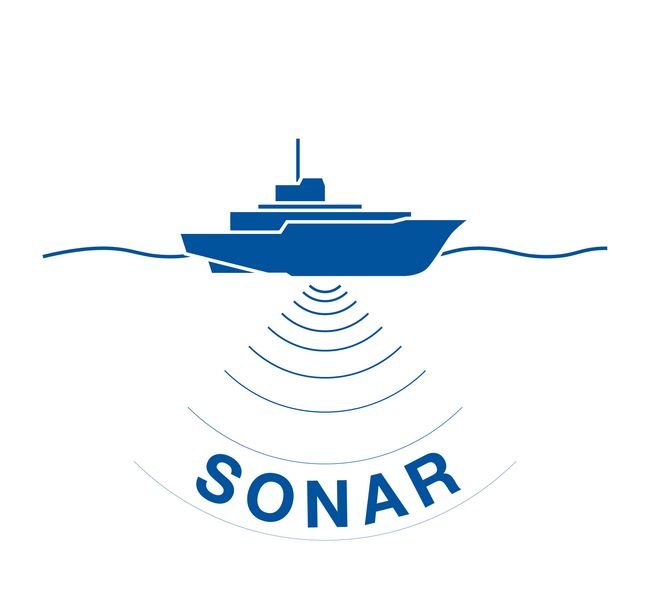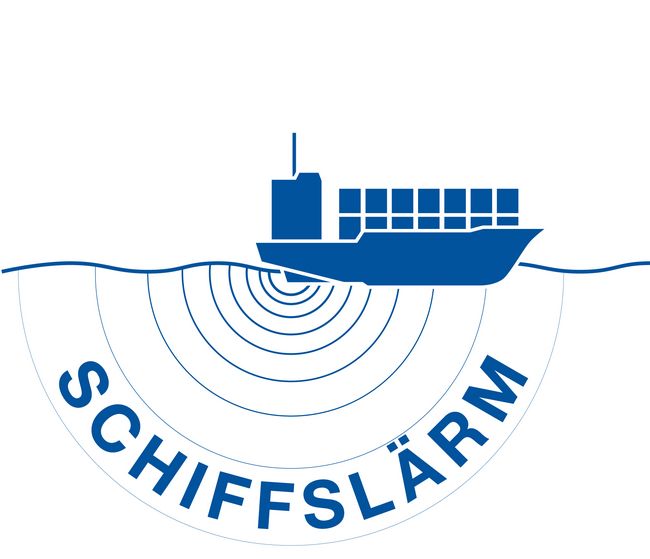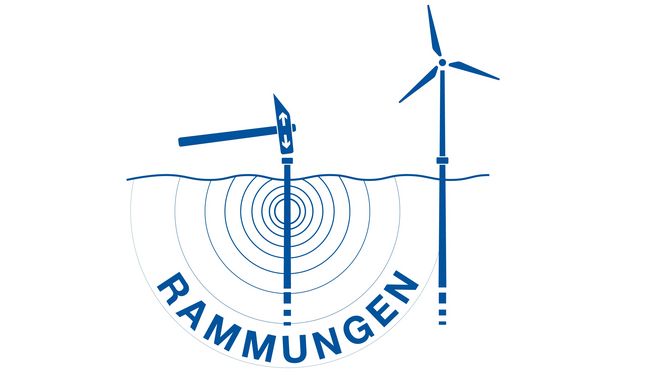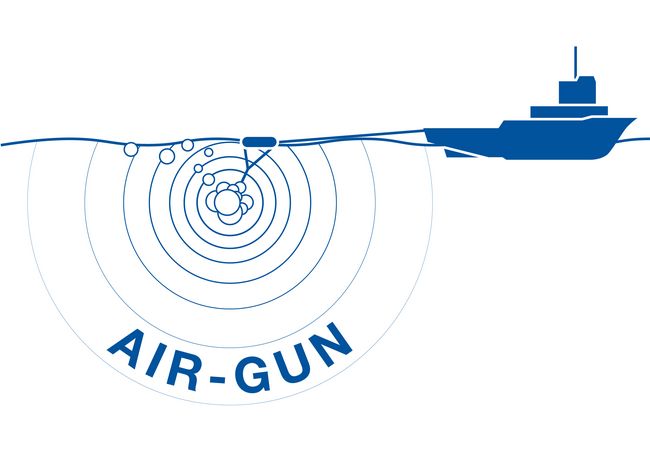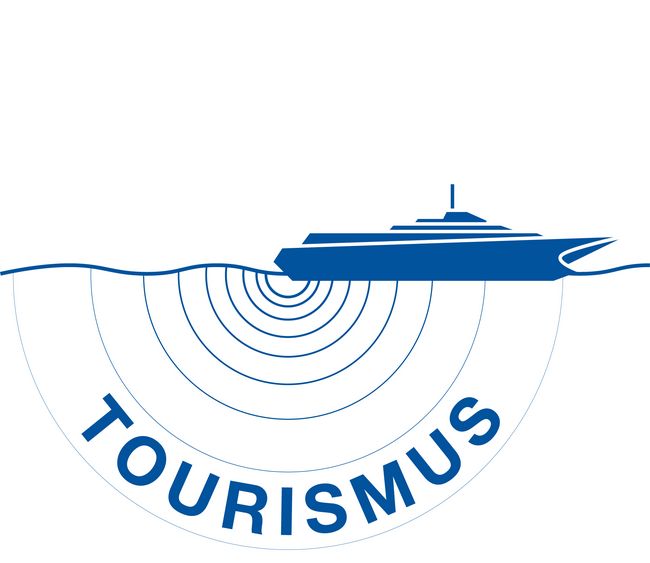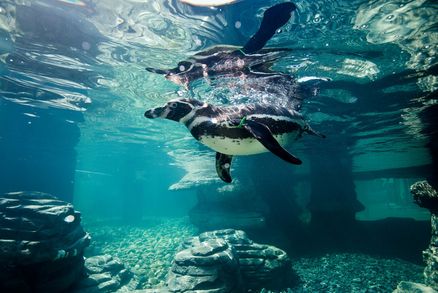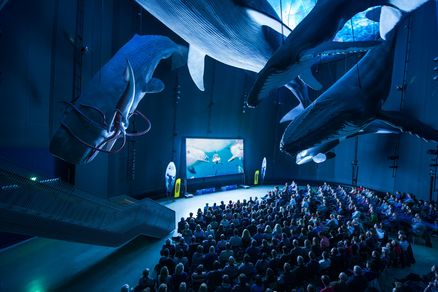Underwater Noise
Noise in the sea – not a "silent ocean"
The sea is not a “silent ocean“– there are many natural noises. They sound beautiful, surprising, loud or quiet, simple or complex. Rain, waves, surf, sea-quakes and volcanoes on the seabed as well as breaking icebergs and colliding ice floes are causing a diverse, everlasting soundscape in the ocean. Marine animals generate diverse noises for food search, communication, partner search, avoidance of enemies and navigation. The sounds and their echos are helping the animals to capture their environment – in the dark widths of the seas they work like acoustic sensors.
Humans are increasingly causing noises in the ocean, especially during shipping, exploration of resources in the seabed, military activities as well as while building and running wind turbines and oil rigs.
People are thereby changing the soundscapes of the ocean – it is becoming too loud for the animals. The noises scare the animals and disturb their social interactions. When fleeing from the unbearable and painful noises, injuries will occur which often lead to death.
The OZEANEUM shows different exhibition contents to that topic at the moment. At the entrance an orca with noise source tattoos is greeting the guests. The visitors walk past audio stations in front of the baltic sea aquarium. There are audio books regarding the issue of the underwater noises available.
Audio play
Underwater noise: Causes, effects and solution apporaches
What are the noise sources?
Sonar devices are used to explore the maritime environment and for the safety during shipping. The devices are emitting sound waves and receive their echoes. With this help they are able to see fish shoals, wrecks, submarines and shallows on the display. It makes skippers able to see insides of the ocean.
Especially the powerful sonar devices of submarines and other warships affect marine mammals. The extremely high sound pressure is able to scare whales and dolphins away or even stun them. Surfacing too fast leads to the “diving sickness“ and the death of animals. Whale stranding is often the consequence.
Engines, propeller and sonar devices of the ships are causing permanent noises. The noise level of the individual ships varies according to size, loading and speed. Altogether thousands of ships are causing a continuous underwater noise that overlays all of the natural noises for the marine animals. Statutory sound insulation regulations, alternative drive systems and protected areas without shipping are reducing the noise pollution of the sea.
The foundations of offshore structures like oil and gas platforms or wind turbines are anchored 50 meters and deeper in the seabed. Hydraulic rams drive the pillars into the ground with several thousand blows. It takes a couple of days until a pillar with a diameter of up to nine meters is sunk. This creates a hell of a noise. The sound waves travel hundreds of miles in the sea.
When exploring the seabed, several underwater air guns emit sound waves in rapid succession. These penetrate hundreds of miles deep into the ocean floor. Hydrophones record the echoes and computers calculate accurate 3D maps of the sea floor. These provide information about economically viable oil and gas deposits and their exact location. The extremely high sound pressure level is particularly harmful to marine mammals.
Millions of tons of ammunition rust on the bottom of the North and Baltic Sea. They endanger shipping, fishing and local residents. In addition, they pollute the environment of marine animals with their toxic components when rusting. Local detonations used to remove sea mines produce the loudest man-made sounds in the sea. Underwater microphones can record these pressure waves almost anywhere in the world.
People love a clean and seemingly untouched sea. That's why travel companies are constantly developing new, previously unused areas like the Antarctica. In addition to the noise of the ships, there is the noise of ocean-going inflatable boats, with which tourists travel to ever more remote areas. On all other coasts millions of tourists with motor boats, jet skis or water skis are causing unbearable underwater noise.
